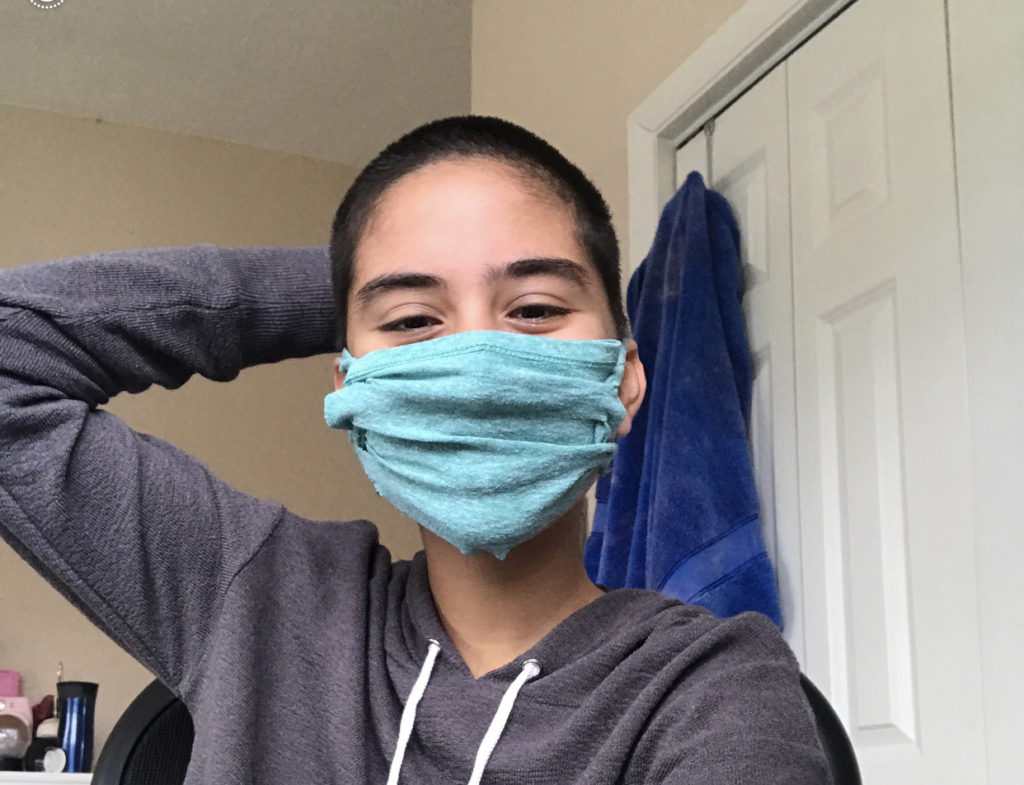ORIGINALLY PUBLISHED AT THE BOSTON TERRIER, A PUBLICATION OF THE BOSTON UNIVERSITY SUMMER JOURNALISM INSTITUTE

MIAMI – The COVID-19 pandemic has taken much from high schoolers- sports, dances, competitions- but the looming deadline of college applications has remained unchanged. Striking a balance between meaningful extracurriculars and doing things just for “college’s sake” is a tricky one for high school students, further highlighted by the shift to a virtual setting.
Jasmine Mace, a rising senior at MAST@FIU Biscayne Bay Campus, founded the Student Equitable Medicine Initiative (SEMI), a four-week virtual summer program that educates high school students and college freshmen about racial and ethnic inequity in the healthcare system. Each session featured 30 to 45 minutes of speaker presentations,followed by 30 minutes for a Q&A forum or discussion board responses depending on the presentation.
While she stresses that most students were engaged and appear to genuinely be interested in learning about these issues, she says she found some participants who failed to maintain social distancing and posted such outings on social media “antithetical to the entire purpose of the program.”
“Our students understand that COVID-19 and health crises disproportionately affect communities of color, so to see a few of them ignore social distancing guidelines and sometimes in packs of up to 12 baffles me,”she says. But while she can’t force students to follow the rules, she can provide a program that affords an opportunity to challenge their minds.
When asked if the college admissions process encourages students to fill up their plate with activities just so they can get in, rather than pursue their passions, she disagreed.“Colleges don’t want to see activities pursued just because they ‘look good’ and I feel like they can detect those pretty easily”, she says.
Jacobo Carreon, a rising sophomore at Cornell who is also a college mentor for the Hispanic Scholarship Fund agreed. He guides five mentees through the entirety of the college admissions process, from applying to financial aid, scholarships, building a resume and interview skills.
“I do see that with a lot of my mentees, that they try to spread themselves too thin and be a jack of all trades.I try to talk to them because it’s better to be good at one thing then to try and know everything.”,he says. He emphasizes that what colleges want to see most is someone who leads a group, particularly if they’re exploring passions that align with their major.
Ari Barbella serves as a lieutenant governor for Division 25B of the Florida District of Key Club, an international service organization for high school students. He manages eight clubs in North Miami area, an is currently planning for a school year of virtual “at home service”.
“By making community service mandatory in schools,then people see hours as a form of currency,” he says. “Inflating the hours is unfair because you’re making it about yourself when it should be about helping others.”
The Florida District of Key Club has recently put out a “Service Hour Guide”, which defines a service hour as “the time spent to collect, count, package, and or deliver” donated goods. It explicitly does not allow hours to be awarded based on donated goods collected, which was a previously widespread practice.
At a recent Zoom divisional council meeting, he led volunteers in the construction of face masks out of old t-shirts, to be donated to a local hospital. Despite the unique upcoming challenges of a virtual school year, he’s hopeful that his division will be able to accomplish meaningful community service.
“I want to encourage all clubs to emphasize leadership.They can become better advocates, they can become more proactive in making things happen. “

Leave a Reply